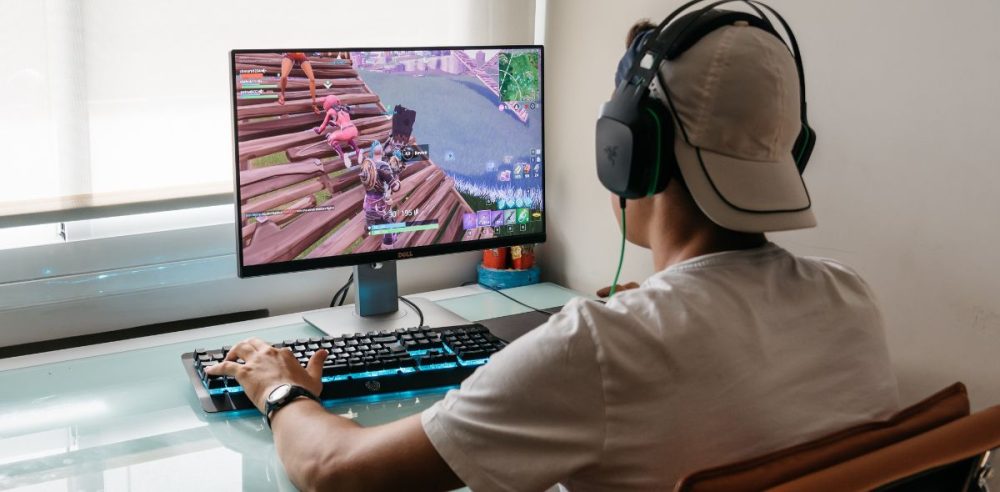A major win for Fortnite fans is unfolding as the Federal Trade Commission (FTC) begins distributing refunds from its settlement with Epic Games.
This decision follows a 2022 investigation that concluded Epic Games, the developer of Fortnite, employed “dark patterns” to mislead players into making unintended purchases, reported Forbes.
The company was ordered to pay $245 million in refunds, and the first $72 million is now reaching impacted users.
This payout stems from deceptive design tactics where players were charged ‘accidentally,’ often when waking the game from sleep mode or pressing adjacent buttons while browsing items. This refund comes as an unexpected windfall for many players, especially in financially uncertain times.
Fortnite’s massive popularity plays a key role in the widespread reaction to the refund.
With over 500 million registered users as of March 2023, Fortnite has cemented itself as a cultural phenomenon. These refunds affect hundreds of thousands of players who were unknowingly charged, and the sheer scale of the settlement highlights how pervasive these practices were. The FTC’s investigation found that children were particularly vulnerable, racking up charges without parental consent. The settlement reflects a growing emphasis on consumer protection in the digital gaming industry, especially for younger audiences who may not recognize manipulative design choices.
The internet’s reaction to the refund has been a mixture of celebration, humor, and relief.
On social media platforms like TikTok, users have dubbed the payout a “Fortnite stimulus,” with videos and posts going viral as people share their excitement. For many young players, this refund represents more than just a few dollars back—it’s a moment of collective joy in challenging financial times. Memes, tweets, and TikToks are capturing the moment, amplifying a sense of unity among a generation no stranger to financial strain.
Gen Z’s reaction to the refund is particularly telling. Statistics indicate that 60% of Fortnite’s player base falls between 18 and 24 years old—a demographic facing higher unemployment rates compared to older age groups. In 2023, unemployment for this bracket was 9.7%, significantly higher than the 2.8% rate for those aged 35 to 44. Coupled with the fact that many still live at home and spend over six hours a day online, the refund has resonated deeply.
The concept of “dark patterns” in digital design has gained more attention in recent years, and this settlement marks a step toward accountability for tech companies. Dark patterns refer to design choices that manipulate users into actions they might not intend, such as making purchases or signing up for subscriptions. The FTC’s decision sends a strong message to the industry that deceptive practices will have consequences. For gamers and consumers alike, this refund represents compensation and progress toward fairer and more transparent digital experiences.
As more payments are distributed in the coming months, the story of the Fortnite refund continues to unfold.
Players who missed the initial claim window still have opportunities to apply for compensation, ensuring that as many affected users as possible can benefit. The settlement compensates those who were misled and sets a precedent for future consumer protections in the gaming industry.


